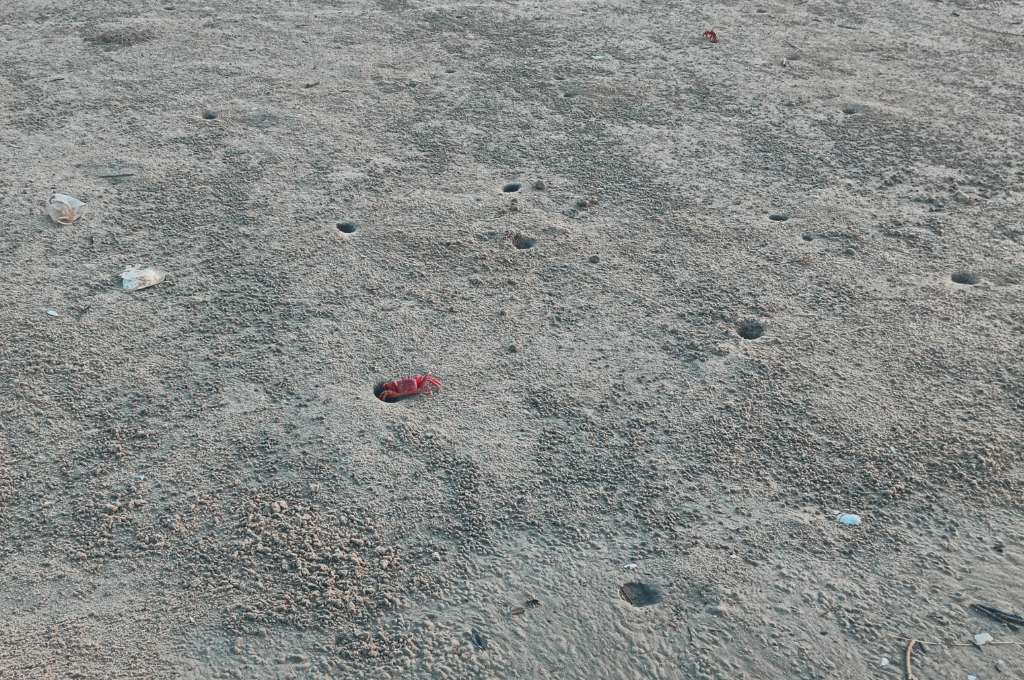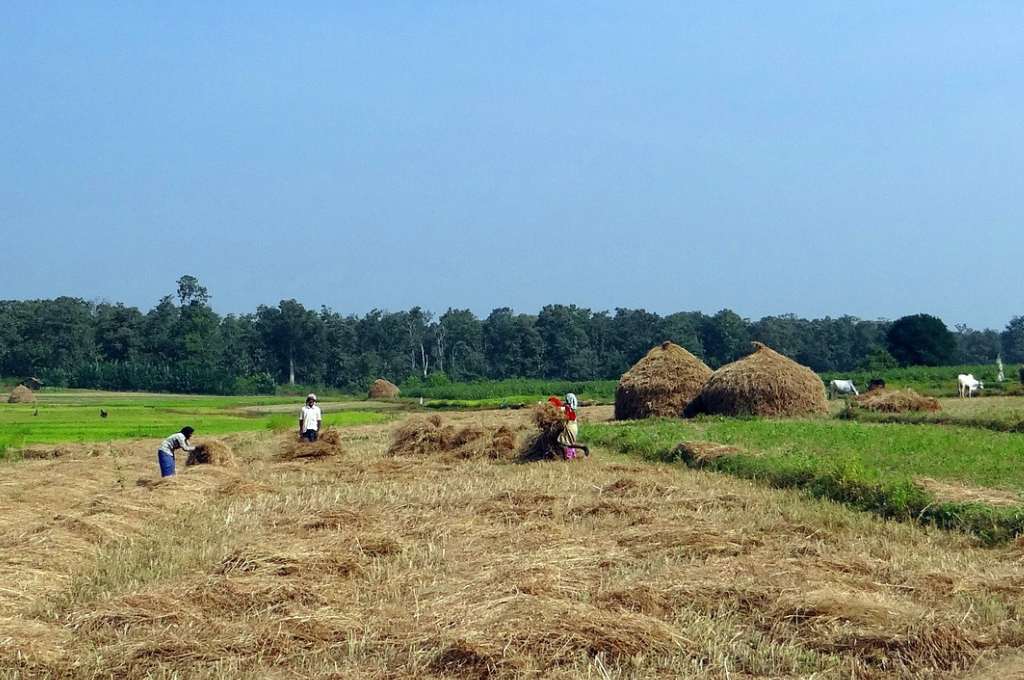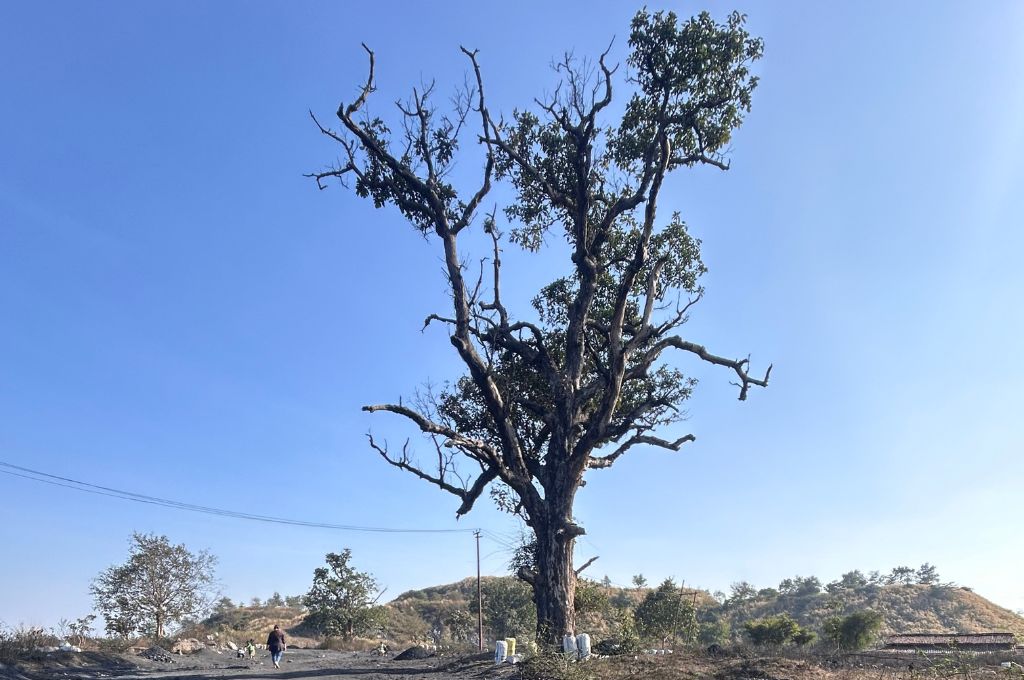What about other viruses?
The ongoing COVID-19 pandemic, and the consequent lockdown, is posing unanticipated problems for another marginalised group: persons living with HIV.
Those who are HIV+ have to adhere to a strict medication schedule to regulate their health. We, at Humsafar Trust, run an antiretroviral therapy (ART) centre, where we dispense HIV medication. However, according to guidelines from the National Aids Control Organisation (NACO), ART centres are only allowed to dispense medication for two months at a time.
The 21-day national lockdown was announced on March 24th, the last week of the month, and several of our patients were due for a refill. The lockdown made it almost impossible for them to procure it.
Public and private hospitals are still operational and NACO has now allowed persons with HIV to get medication from ART centres that they don’t generally visit. At our end, we have also tried to connect our patients to other ART centres closer to them. However, the absence of public transport has made that difficult.
Adding to the problem is the fact that most of our patients do not have access to their medical papers. Due to the stigma attached to HIV, those living with their families chose to keep their papers with members from their support groups, or with trusted friends. Without papers, they are unable to seek medication from the ART centres.
Tinesh Chopade is an advocacy manager at The Humsafar Trust.



